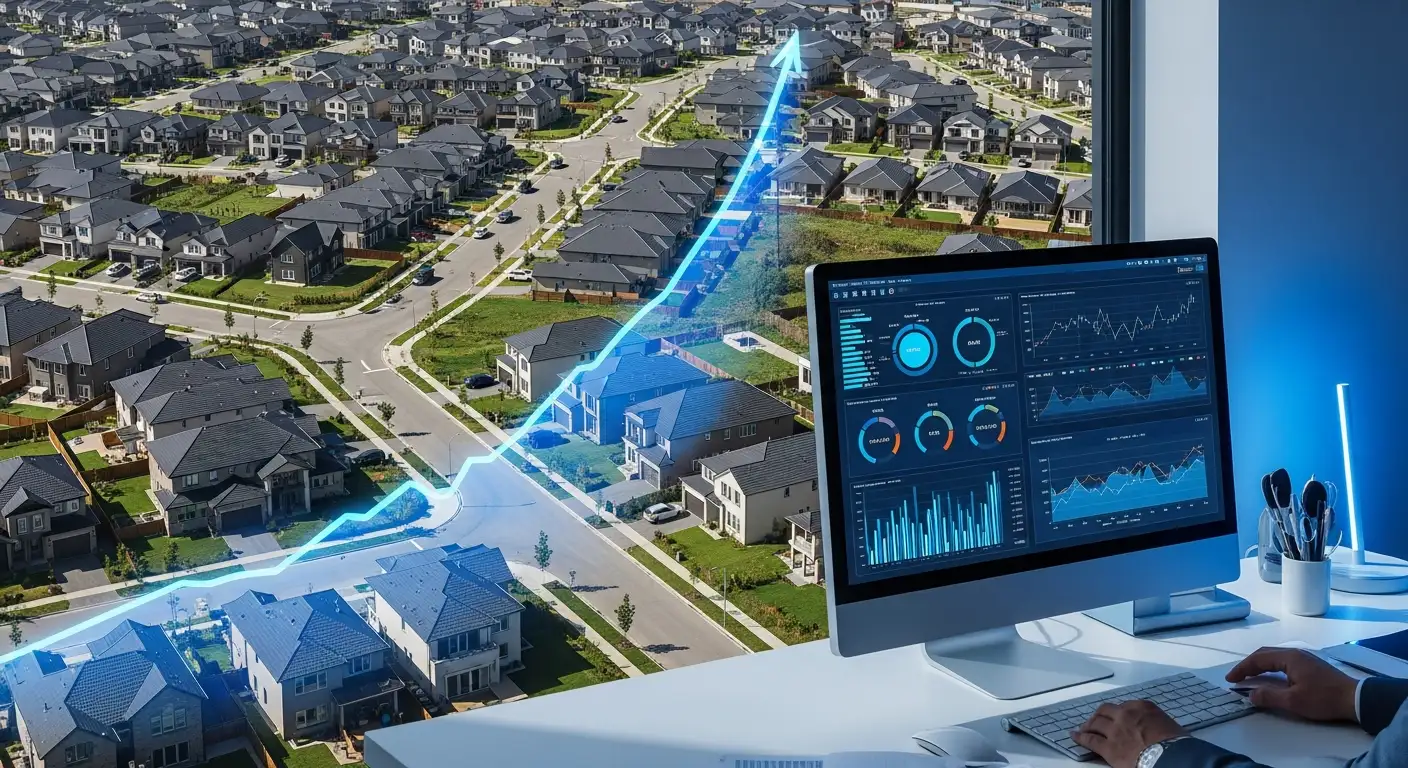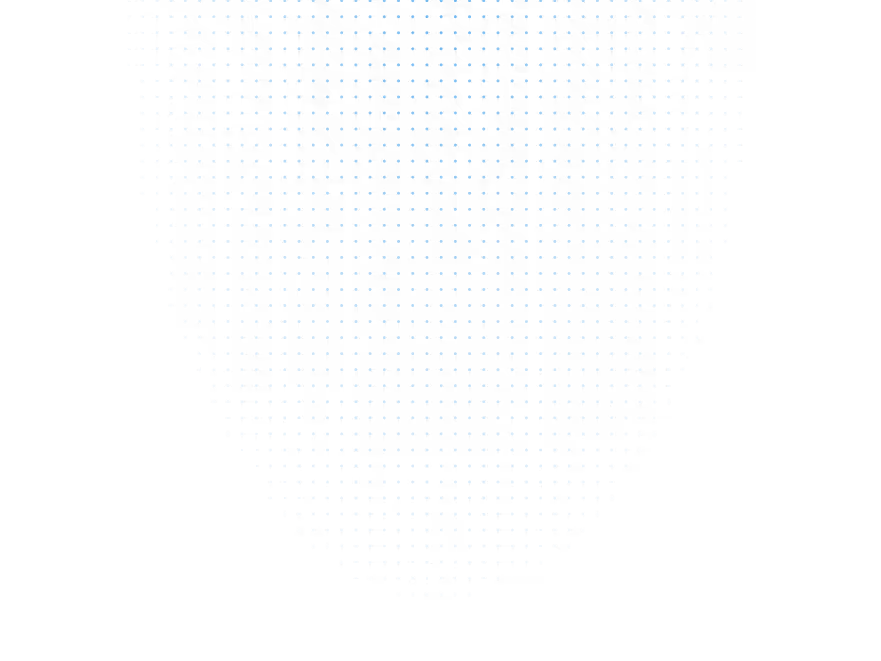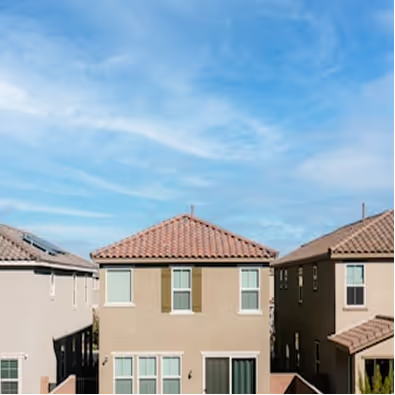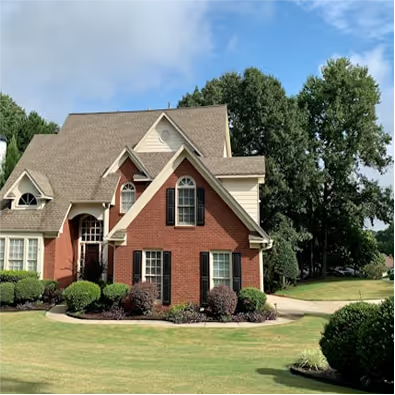Understanding Private Mortgage Insurance and Its Significance
Private mortgage insurance (PMI) plays a pivotal role in expanding access to homeownership, especially for first-time buyers and those with limited savings for a substantial down payment. While PMI primarily serves to protect lenders, it indirectly influences borrower options, costs, and the overall property market. This article explores the multifaceted aspects of PMI, from its operational mechanics and varieties to legal frameworks, costs, and its critical function in enabling more inclusive homeownership.
What Is Private Mortgage Insurance and Why Is It Required?
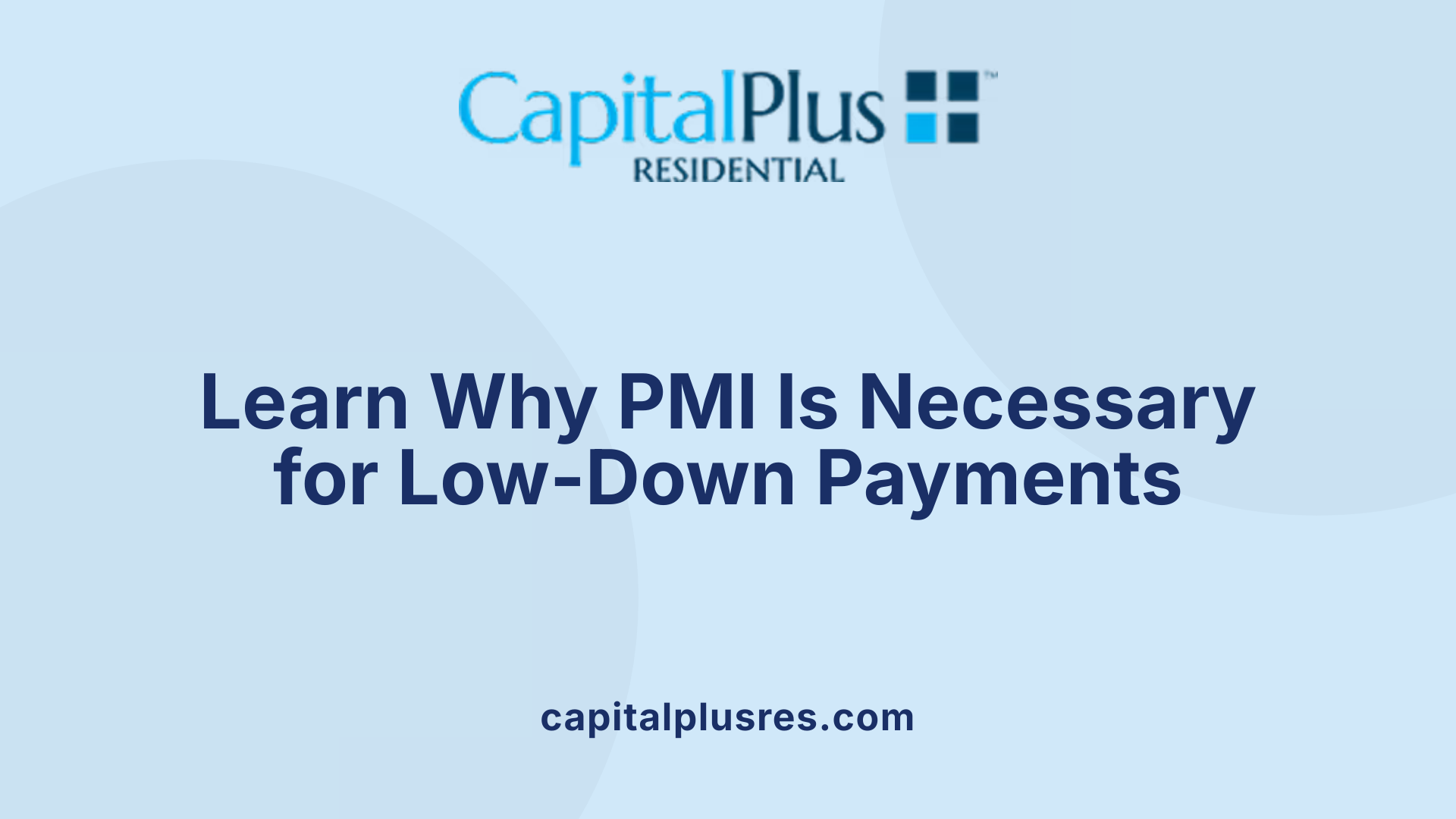
What is private mortgage insurance (PMI) and why is it required?
Private mortgage insurance (PMI) is a type of insurance that lenders require from homebuyers who make a down payment of less than 20% of the home's purchase price. Its primary purpose is to protect the lender in case the borrower defaults on the loan, not to benefit the borrower.
PMI is arranged by the lender and provided by private insurance companies. It acts as a guarantee that, in the event of borrower default, the insurer will cover part of the lender's potential losses. This insurance can be paid monthly, as a one-time upfront premium, or a combination of both, depending on the borrower's choice.
This insurance is usually necessary when the down payment is less than 20%, whether the mortgage is initially taken out or refinanced with less than 20% equity. Most conventional lenders require PMI to help offset the higher risk associated with smaller down payments.
For homebuyers, PMI enables access to homeownership with lower upfront costs, allowing them to buy homes sooner. However, it adds an extra cost to monthly mortgage payments until the borrower builds up enough equity in the property, typically reaching 20%.
Lenders often cancel PMI automatically once the homeowner’s equity reaches around 22%, or if the borrower requests cancellation when their equity hits 20%, provided they are current on payments. While PMI increases the overall cost of homeownership temporarily, it expands opportunities to purchase homes with less savings upfront.
Operational Mechanics and Variants of PMI
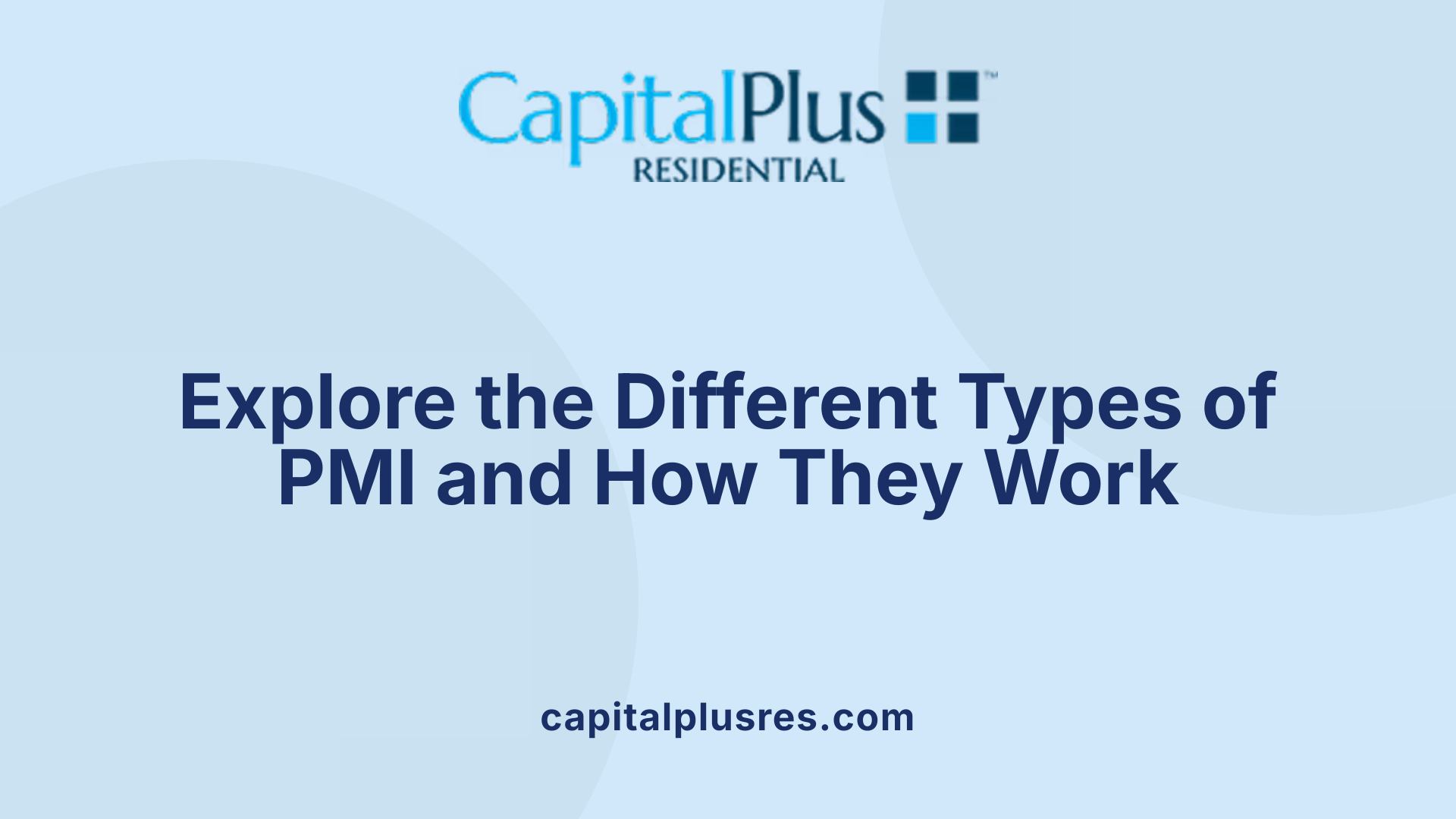
How does private mortgage insurance work in home loans?
Private mortgage insurance (PMI) is a safeguard that protects lenders, not borrowers, when a homebuyer makes a down payment of less than 20% on a conventional mortgage. Since smaller down payments pose a higher risk for lenders, PMI allows them to extend loans to such borrowers by insuring their risk.
For borrowers, PMI involves additional costs, which can be paid monthly, upfront at closing, or through a combination of both. These premiums are added to the mortgage payment but do not reduce the principal balance directly. The primary purpose of PMI is to ensure that, in case of default, the insurance company will cover a portion of the lender's losses, typically 20-30% of the loan amount.
Loan-to-value ratios (LTV) and other risk factors influence PMI costs. It often ranges from 0.58% to 1.86% annually of the loan amount, depending on factors like credit score and down payment size. Borrowers can request to cancel PMI once their equity exceeds 20% of the home’s original value, usually when the loan balance falls to 80%, or if the home's value increases significantly.
Lenders are required by law to automatically cancel PMI when the borrower reaches 22% equity, provided payments are current. For early removal, borrowers often need to request cancellation and may be required to undergo an appraisal.
Overall, PMI enables more people to qualify for home loans with lower initial payments, expanding access to homeownership, while protecting lenders against default risks.
What are the different types of private mortgage insurance?
There are several forms of PMI designed to cater to different borrower needs and circumstances. The most common types include:
| Type of PMI | Payment Method | Cancellation Options | Notes |
|---|---|---|---|
| Borrower-paid PMI (BPMI) | Monthly premiums | Usually cancellable after reaching 20% equity | Paid monthly until PMI is canceled or reaches 22% equity automatically |
| Single-premium PMI | One-time upfront payment | Can be canceled if conditions are met, but often non-cancelable | Paid at closing, reducing ongoing costs but increasing initial payment |
| Lender-paid PMI (LPMI) | Built into interest rate | Not cancelable | Lender covers premiums, often resulting in higher interest costs and no cancellation |
| Split-premium PMI | Combination of upfront and monthly fees | Can be canceled | Combines benefits of upfront and ongoing payments |
| Mortgage insurance for FHA loans | Upfront MIP + monthly fees | Not canceled; lasts as long as the loan | Different from private PMI, governed by FHA rules |
Understanding these variations helps borrowers align their mortgage choice with financial strategies and long-term plans.
What are the conditions for PMI cancellation?
Cancellation of PMI depends on reaching specific equity thresholds and meeting certain criteria. Typically, borrowers can request PMI removal once they have paid down their loan so that their remaining balance is 80% or less of the home's original value. Mortgage servicers are required to automatically cancel PMI when the borrower’s equity reaches 22% of the original home value, assuming all payments are current.
In cases of rising home values, borrowers may be able to request early cancellation by providing an appraisal confirming increased property value. Some lenders may require a good payment history—no recent late payments—and an appraisal to verify the current value.
For Fannie Mae and Freddie Mac loans, policy differences exist, with Fannie Mae generally allowing cancellation at 30% equity for multiunit properties, and Freddie Mac at 35%. Automatic cancellations are not always guaranteed and depend on meeting the eligibility criteria.
Borrowers should review their loan documents and communicate with their lenders early to understand the specific process for PMI removal, helping reduce ongoing costs once sufficient equity has been established.
Costs and Duration of PMI: What Borrowers Need to Know
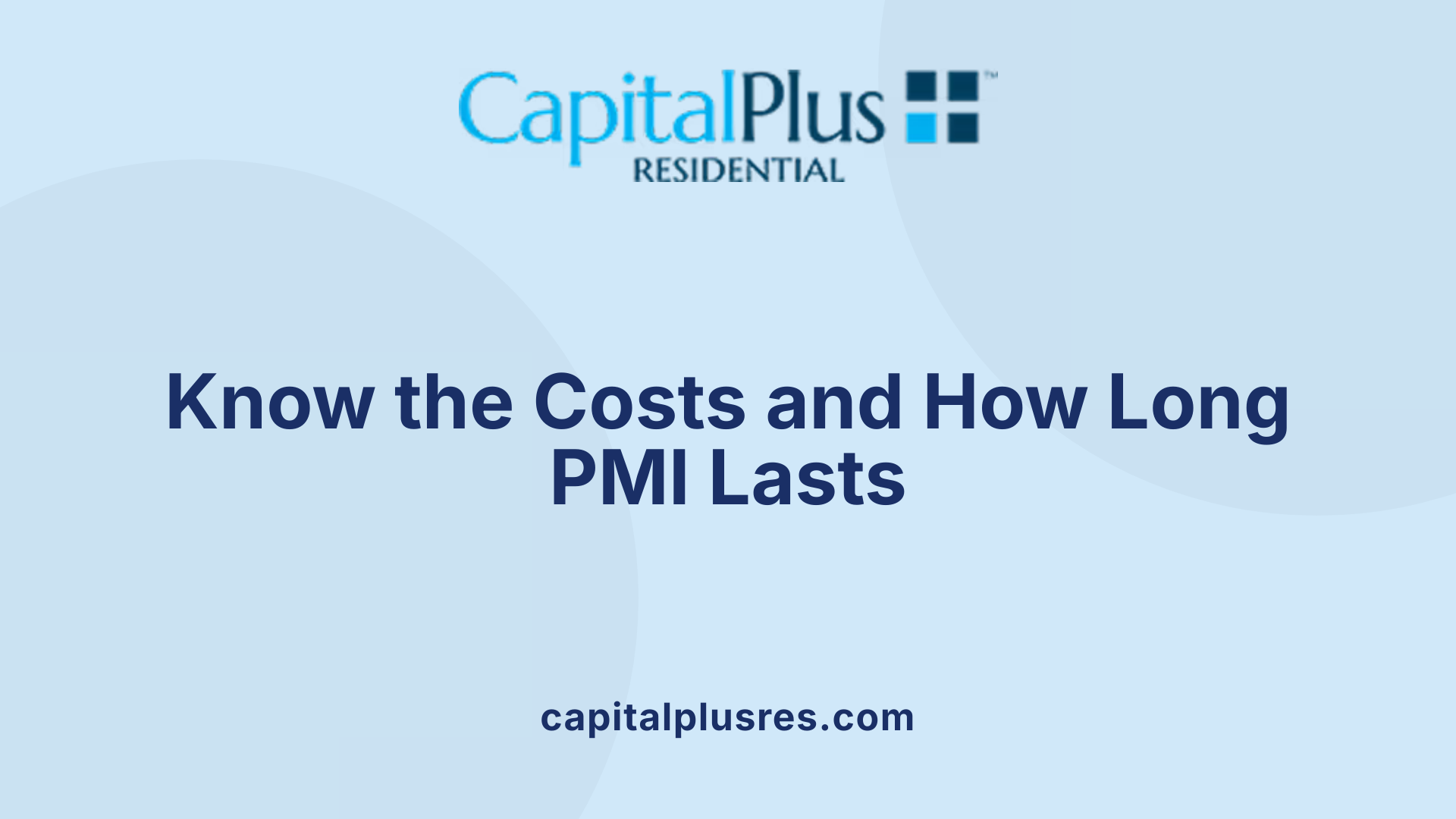
What are the costs associated with private mortgage insurance?
The costs of private mortgage insurance (PMI) are generally expressed as an annual percentage of the original loan amount, typically ranging from 0.3% to 1.5%. Most commonly, borrowers see rates between 0.5% and 1.5%, which translate into a monthly premium added to their mortgage payment. For example, on a $400,000 loan, PMI might cost between $2,000 and $6,000 annually, or roughly $167 to $500 each month. These costs are influenced by several factors including the borrower’s credit score, the down payment size, the loan-to-value ratio, and the type of loan. Since PMI is a temporary expense, it can often be canceled once the homeowner reaches 20% equity in the property or when the loan balance declines to 78% of its original value.
How long does private mortgage insurance last, and how can it be canceled?
PMI typically remains in place until certain conditions are met, allowing the borrower to request its cancellation. Generally, homeowners can ask for PMI removal once their loan balance drops to 80% of the original property value, based on the property's current value. This often occurs after at least two years of timely payments, provided there are no subordinate liens and the property value has not decreased substantially.
Lenders are also required to automatically terminate PMI once the loan balance reaches 78% of the home's original value, assuming mortgage payments are up to date. In some cases, this automatic cancellation happens when the borrower has paid enough to reach the midway point of their loan’s amortization schedule — commonly after 15 years on a 30-year mortgage — without any missed payments.
Borrowers can initiate a request in writing to cancel PMI when the loan balance reaches 80%, supported by a good payment history and, if necessary, an updated appraisal to confirm the current value of the home. Loan programs backed by Fannie Mae or Freddie Mac might have specific rules that allow for earlier cancellation or termination. It’s important to note that refinancing or modifications can impact PMI timelines, so homeowners should stay informed about their lender's policies and federal laws protecting their rights.
Legal Regulations and Consumer Protections Surrounding PMI
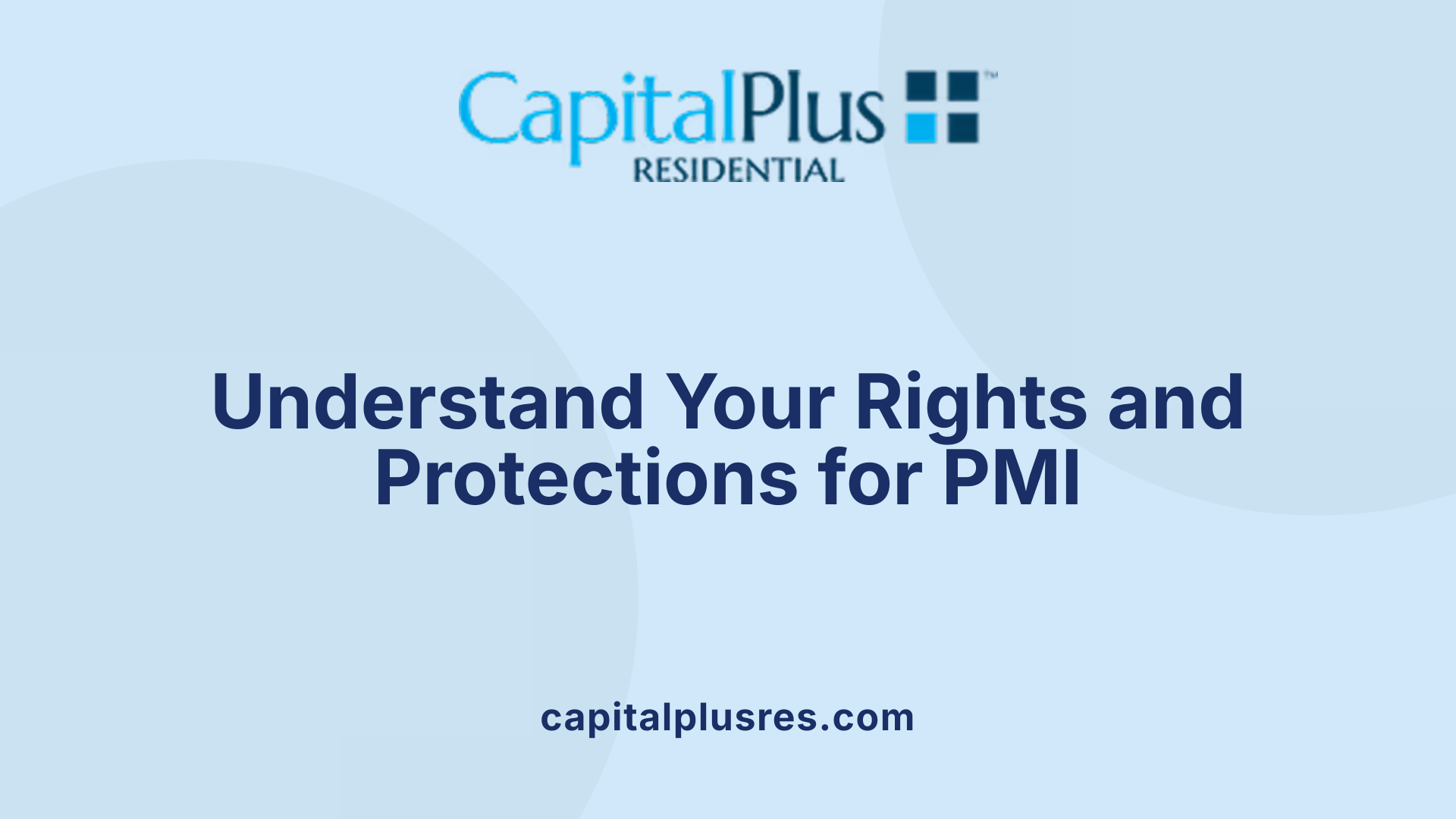
What legal and regulatory aspects apply to private mortgage insurance?
Private mortgage insurance (PMI) is subject to various laws designed to protect homeowners' rights. The most significant regulation is the Homeowners Protection Act of 1998 (HPA), which sets clear rules for the disclosure, cancellation, and termination of PMI.
Under the HPA, lenders are required to automatically cancel PMI once the borrower’s equity reaches 22% of the original property value, assuming all payments are current. Borrowers also have the right to request removal of PMI earlier, typically once they reach 20% equity – provided they are in good standing and have met other conditions.
Lenders must notify borrowers about their PMI rights through annual disclosures and notices, informing them about how and when they can cancel or request cancellation of PMI. This transparency aims to give homeowners control over their mortgage costs.
In addition, the law obligates the refund of any unearned premiums if the borrower opts for cancellation or if the lender terminates PMI. Oversight agencies like the Consumer Financial Protection Bureau (CFPB) ensure compliance with these regulations.
It’s important to note that PMI laws mainly govern conventional loans on primary residences. Insurance for government-backed loans, such as FHA or VA loans, follows different rules. Legislative updates continue to shape PMI regulations, aiming to enhance protections and clarity for homeowners.
PMI’s Role in Shaping Homeownership Landscape
Private mortgage insurance continues to play a vital role in making homeownership accessible to a broader population. By enabling lower down payments, PMI reduces the savings barrier, helping first-time buyers and those with limited capital purchase homes sooner. Its various types and flexible payment options permit tailored solutions, while legal frameworks ensure protections and transparency. As the housing market evolves, PMI remains an essential financial tool that balances risk, expands market participation, and supports economic stability, ultimately shaping a more inclusive and dynamic housing environment.
References
- What is private mortgage insurance?
- What to Know About Private Mortgage Insurance
- What is Private Mortgage Insurance (PMI)?
- What is private mortgage insurance? Learn why you might ...
- Understanding Mortgage Insurance | USMI
- Private Mortgage Insurance benefits and advantages
- Private Mortgage Insurance (PMI): What You Need To Know
- Private mortgage insurance: A guide to PMI


